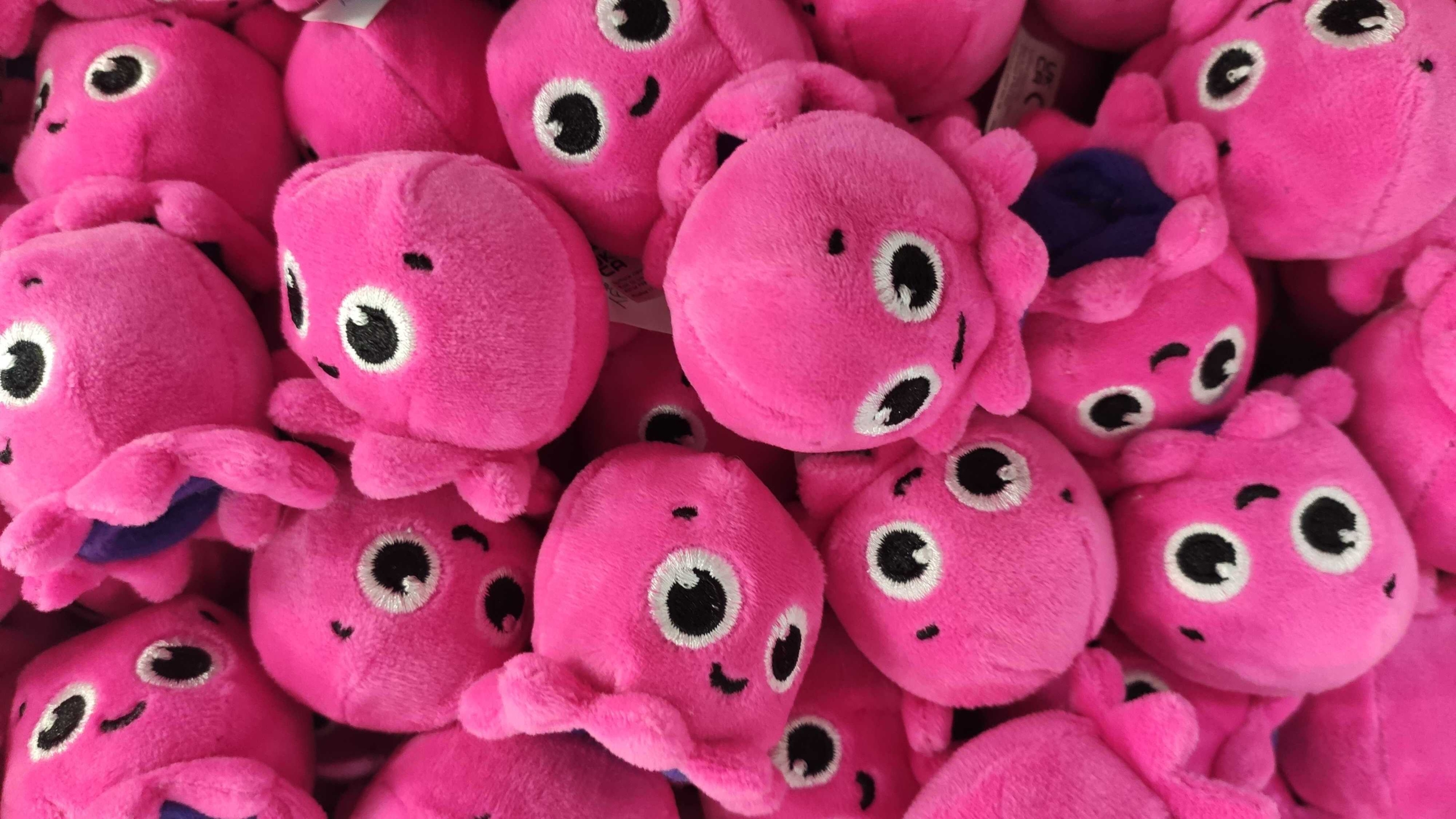Our investment in Whirli
It’s rare and exciting to back first-time founders. By definition, pioneers (our preferred term for the best kind of entrepreneur) are stepping into a future that doesn’t exist yet. They must go into it with a confident, clear vision, but also know that the course they take will likely change along the way. Focus is required but also humility. This normally comes from previous startup experience, but only a few individuals demonstrate this characteristic in their first venture.
Whirli
Nigel Phan, Whirli’s charismatic founder, is on a mission to help UK families reduce toy clutter with a more affordable and sustainable way to play. He’s confident in that vision but Nigel’s also not afraid to ask others questions such as, “what do you know, from your context?” or “what might be missing here?” It’s a strong sign to us of a natural-born founder, well-placed to build an exceptional team around him.
A Whirli subscription gives parents access to an inventory of toys which they can use, return and swap using a token system. Crucially, parents – and their kids – have control and choice over the toys they receive, and returning the toys is as simple as returning products to any other ecommerce retailer.
Toys R Next
The current generation of first-time parents – millennials – is not only older than previous generations’, but they have also grown up with examples of the sharing economy in other verticals: AirBnB, Uber, Zipcar, Rent The Runway and the like. Yet a sharing marketplace for toys has never been successfully scaled. Toy brands, parents, and children, should now be ready to benefit from better value, reduced clutter and conscious consumption.
The beauty of Whirli’s model is that parents’ current behaviour hardly has to change: Parents already share toys and other baby items informally, but the bulk nature of the product means only hyper-local demand/supply works. Whirli’s fully managed marketplace, the first of its kind in this category, means they can remove the friction associated with the peer to peer model, ensuring reliability, convenience and – crucially – hygiene. Families can access a virtual chest of toys which is a multiple of what they’d have been able or wanted to afford otherwise. And this is not just for hipster parents in London – Whirli’s UK-wide reach across different income groups is already proof of that. The trend to pay for access rather than ownership can now become integral to sustainable family life.
Whirli fits our own conscious consumption thesis (and that held by an increasing number of the population). Some of our other portfolio companies, such as depop and Cazoo are leading the way already. Like Whirli, these are businesses that extend the lifetime of products, slowing down the consumption cycle with no loss to anyone, only gain. They’re the kind of companies that re-write our relationship to a sector, and we soon forget that there was even a problem to be solved in the first place. (Do you remember hailing a cab in the rain while recalling your address in a foreign land?)
Urbanisation and the rising cost of real estate are making small-space living and decluttering a prime focus, with Marie Kondo and The Home Edit archetypal exponents. Whirli, as a clutter-free alternative to the toy box, fits right into this growing wave.
Playtime
As any Toy Story plot will tell you, a toy’s lifetime is precarious and often short-lived, but the toy industry is vast: £5bn in sales in the UK and $80bn globally. It’s also highly fragmented and yet overlooked by the venture community. Whirli weaves all these threads into an elegant solution of quality, sustainability and profitability and we can’t wait to play for the win with Nigel and his team.














